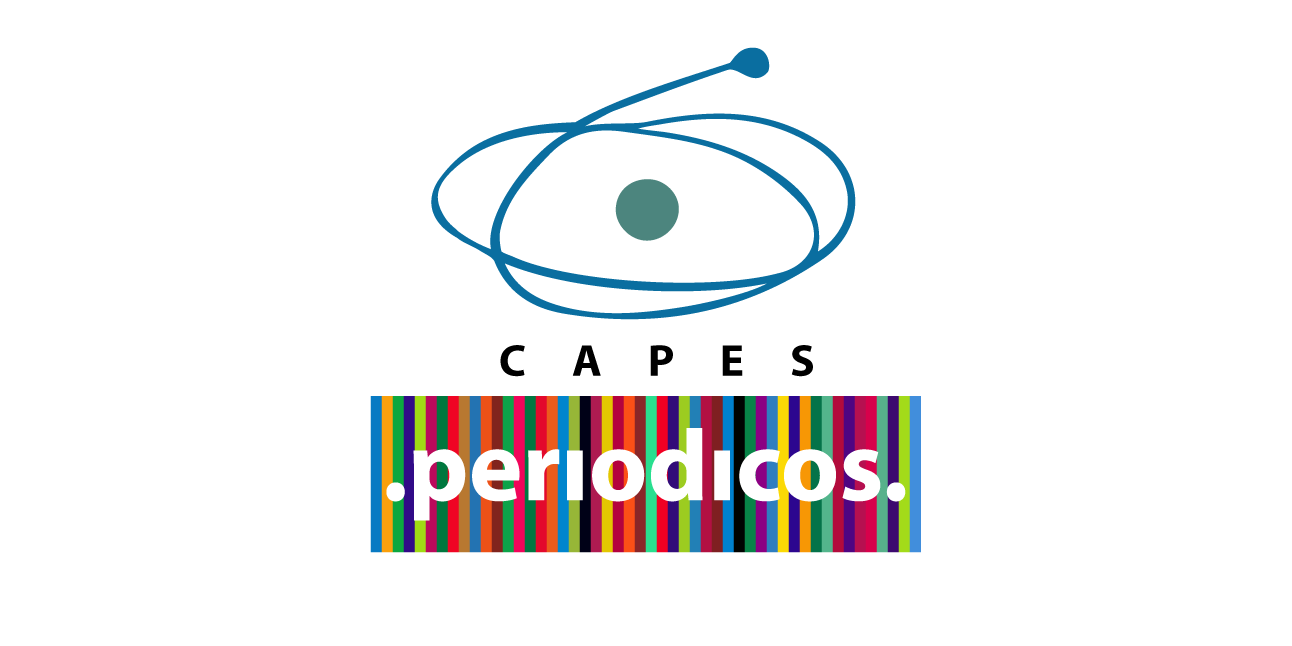GENDER AND SEXUALITY IN EDUCATIONAL PUBLIC POLICIES: PEDAGOGICAL SUGGESTIONS AND POLITICAL MOTIVATIONS IN LEGISLATIVE DECISIONS
DOI:
https://doi.org/10.17765/2176-9192.2021v23n1e9866Keywords:
Gender, Public policies and society, Public schooling, Sexuality and educationAbstract
Since women´s struggle is a daily theme in contemporary society, current investigation discusses gender equality and the different ways in living one´s sexuality as subject matters to be dealt with in the classroom. Conservative motivations of policy decisions on gender equality as a theme for the classroom and their confrontations with progressive pedagogical studies are discussed. The bibliographical review of the theory concerned is pedagogically based on post-structuralist and post-modern studies. It also comprises a factual explanation foregrounded on educational public policies on feminine and LGBTQI themes discussed during the last decades. From a Foucauldian point of view, results indicate that conservative institutions act in a systematic, calculated and articulated manner with streamlining of the theme. So that current feminist and LGBTQI debates are provided for in the classroom, there should exist a greater female presence in the House of Representatives and that policy decisions should be based more on Pedagogy and less on Religion which may interfere in educational public policies.References
BEAUVOIR, S. O segundo sexo. Rio de Janeiro: Nova Fronteira, 1980.
BRASIL. Constituição (1988). Constituição da República Federativa do Brasil. Brasília: Senado Federal: Centro Gráfico, 1988. Disponível em: http://www.planalto.gov.br/ccivil_03/constituicao/constituicao.htm. Acesso em: 31 mar. 2020.
BRASIL. Lei nº 9.394, de 20 de dezembro de 1996. Estabelece as diretrizes e bases da educação nacional. Diário Oficial da União, Brasília, 23 de dezembro de 1996. Disponível em: http://www.planalto.gov.br/ccivil_03/leis/l9394.htm. Acesso em: 23 jul. 2019.
BRASIL. Plano Nacional de Educação (PNE). Plano Nacional de Educação 2014-2024: Lei nº 13.005, de 25 de junho de 2014, que aprova o Plano Nacional de Educação (PNE) e dá outras providências. 2ª ed. Brasília: Câmara dos Deputados, Edições Câmara, 2015. Série Legislação n. 193. Disponível em: bd.camara.gov.br/bd/.../bdcamara/.../plano_nacional_educacao_2014-2024_2ed.pdf. Acesso em: 23 jan. 2020.
BUTLER, J. Fundamentos contingentes: o feminismo e a questão do pós-modernismo. Cadernos Pagu, n. 11, p. 11-42, 1998. Disponível em: https://periodicos.sbu.unicamp.br/ojs/index.php/cadpagu/article/view/8634457. Acesso em: 23 jul. 2019.
CARREIRA, D. et al. Gênero e educação: fortalecendo uma agenda para as políticas educacionais. São Paulo: Ação Educativa, Cladem, Ecos, Geledés, Fundação Carlos Chagas. 2016.
CORREIA, W. F. O que é conservadorismo em educação? What is conservatism in education? CONJECTURA: Filosofia e Educação, v. 18, n. 2, p. 78-90, 2013.
DINIS, Nilson Fernandes. Educação, relações de gênero e diversidade sexual. Educ. Soc., v. 29, n. 103, p. 477-492, maio/ago. 2008. Disponível em: http://www.scielo.br/pdf/es/v29n103/09. Acesso em: 23 jul. 2019.
DOMINGOS, M. F. N. Ensino Religioso e Estado Laico: uma lição de tolerância. REVER: Revista de Estudos da Religião, v. 9, 2009. Disponível em: http://www4.pucsp.br/rever/rv3_2009/t_domingos.pdf. Acesso em: 31 mar. 2020.
FOUCAULT, M. História da sexualidade I: a vontade de saber. Rio de Janeiro: Graal, 1988.
FOUCAULT, M. Microfísica do Poder. Rio de Janeiro: Graal, 1979.
FOUCAULT, M. Vigiar e Punir: nascimento da prisão. Petrópolis: Vozes, 1987.
HALL, S. A identidade cultural na pós-modernidade. Rio de Janeiro: DP&A, 2007.
LOURO, G. L. Gênero, sexualidade e educação: uma perspectiva pós-estruturalista. Petrópolis: Vozes, 1997.
OLIVEIRA, T.; RUBIM, S. R. F. Reflexões sobre a influência de Maquiavel na educação e na formação do Estado Moderno. Educ. rev., Belo Horizonte, v. 28, n. 1, p. 131-156, Mar. 2012. Disponível em: http://www.scielo.br/scielo.php?script=sci_arttext&pid=S0102-46982012000100007&lng=en&nrm=iso. Acesso em: 22 jan. 2020.
PERRENOUD, P. Pedagogia diferenciada: das intenções à ação. Porto Alegre: Artes Médicas, 2000.
ROSENO, C.; SILVA, J. Políticas públicas educacionais em gênero e diversidade sexual: atos de resistência diante do avanço do conservadorismo do movimento “Escola Sem Partido”. Itinerarius Reflectionis, v. 13, n. 2, p. 1-21, 2017. Disponível em: https://doi.org/10.5216/rir.v13i2.47804. Acesso em: 23 jan. 2020.
SACRISTÁN, J. G. A educação que temos, a educação que queremos. In: INBERNÓN, F. A educação no século XXI: os desafios do futuro imediato. Porto Alegre: Artmed, 2001.
SILVA, L. G. T. O Brasil ao pé da cruz: notas sobre a representação política de pentecostais e neopentecostais. Rev. Pensamento Plural, n. 17, p. 101-127, jul./dez. 2015.
VIANNA, C. P.; UNBEHAUM, S. O gênero nas políticas públicas de educação no Brasil: 1988-2002. Caderno de Pesquisa, v. 121, n. 34, 2004. Disponível em: http://www.scielo.br/scielo.php?script=sci_arttext&pid =S0100-15742004000100005. Acesso em: 23 jan. 2020.
Downloads
Published
How to Cite
Issue
Section
License
The Editorial Board is authorized to make certain changes in the original text to comply with bibliographical norms, orthography and grammar, so that standards in language and style may be maintained. However, the author´s style will be preserved. The concepts developed by the authors are their exclusive concern and responsibility.In case of approval, the e-mail of acceptance will contain a Letter of Copyright with authors´ name, personal data, and signature of all authors.










